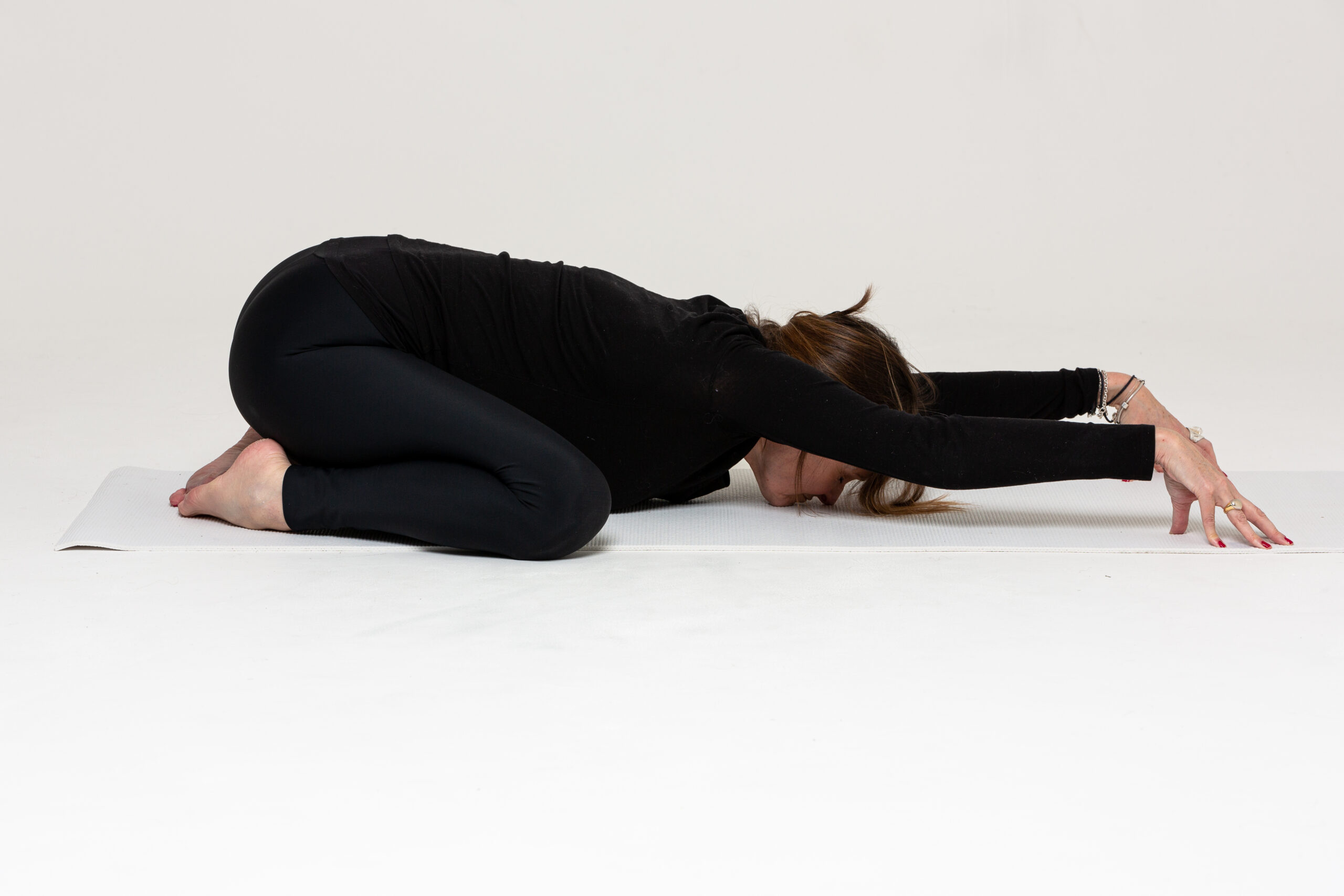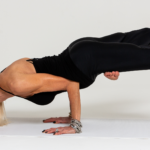The word ‘mindfulness’ has become ubiquitous in today’s language, we’ve all heard it, read it, maybe even used it, but how many of us understand what it is actually describing?
In simple terms, to be ‘mindful’ is to pay attention to your thoughts and your actions, and a regular practice of meditation, yoga or pranayama will result in the development of those areas of the brain that allow us to pause long enough to respond not react. We get to change our autopilot. The analogy of a sat nav works well to help with this understanding – to get in a car, set it to where we want to go and then let it do the work is liberating, but unless you have one of the newer ‘smart’ sat navs your journey will be the same no matter what obstacles crop up, flood, accidents, diversions, that sat nav has decided its course and would like you to stick to it.
Our brains work the same way, our inner dialogue tells us each time we encounter an obstacle how we should approach it, without us even thinking about whether there is another angle that could be considered. How liberating it would be to experience life’s events with an open mind, a reflective attitude, to be able to judge each situation for its own merit and respond accordingly.
Although understanding of the brain is still in its infancy, science has shown that the brain is elastic – it can adapt, areas can grow and shrink depending how they are used. One area that responds exceptionally well to a mindful practice is the empathy centre, allowing you to be kinder to both yourself and others. Also developed is the ability to take a step back, we now know that our response to a situation forms in the brain before we are even aware of thinking it, so how wonderful to be able to ‘grow’ a pause which can allow us to consider a more appropriate action.
It takes 42 days to develop a habit, to move something to the part of the brain where it will become part of us. A commitment to meditation doesn’t require you to sit for an hour each day but to spend some time each day, whether it be simply sat watching the breath, paying a more mindful awareness to your yoga practice, or noticing how you approach daily habits, will all benefit you and help to reset your inner dialogue.






